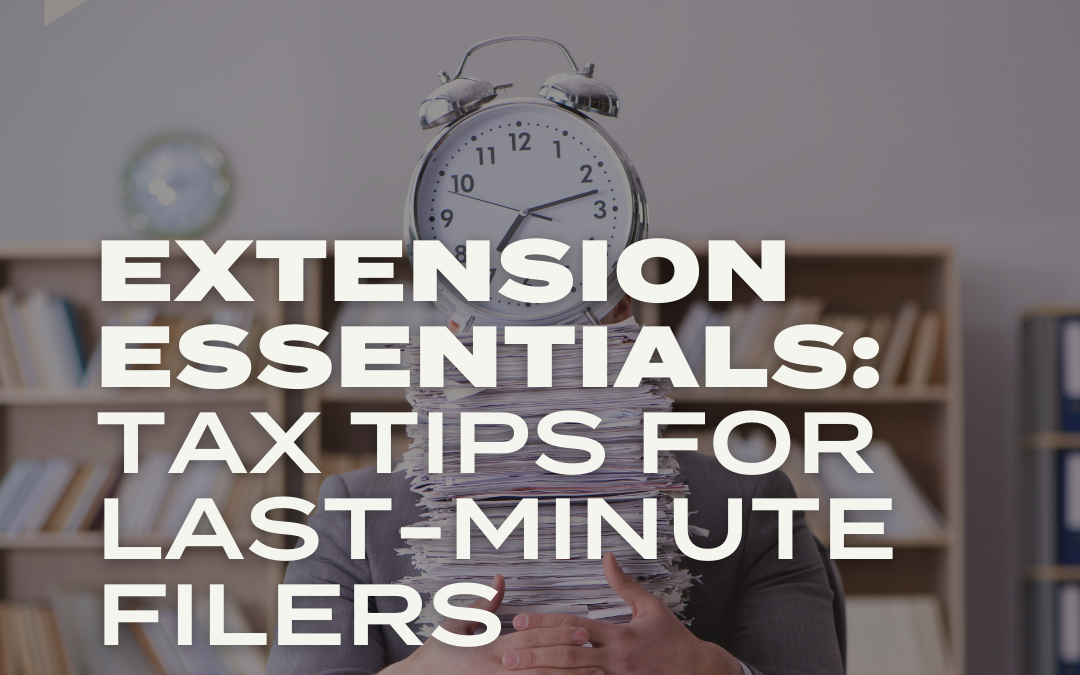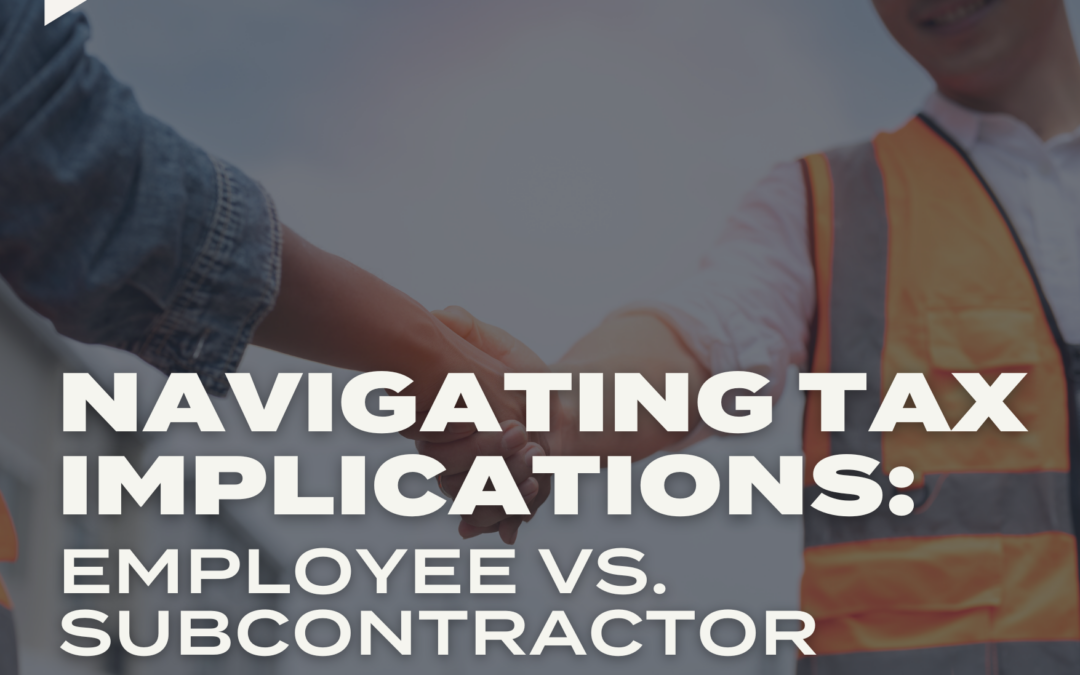Over the last couple weeks we have been talking about small businesses. This week I want to talk about another topic that affects small and large businesses: The self-employment tax.
As a business owner, you actually pay two levels of tax—the income tax and the self-employment tax.
What exactly is the self-employment tax?
When you think of this in the form of an employee, when you look at your paystub, you have amounts taken off for both Social Security and Medicare. What you may not know is that although you pay Social Security and Medicare, your employer pays the exact same amount—so essentially double the amount is paid to the IRS.
When you run your own small business, you are both the employee and the employer, so you have to pay both sides of that Social Security and Medicare. For example, Social Security is 6.2 percent and Medicare is 1.45 percent for a total of 7.65 percent. That’s what you pay as an employee when you receive a W-2. But when you’re a self-employed individual, you pay that twice, or 15.3 percent.
Is there a limit on how much self-employment tax is paid, like there is for an employee?
There is. For those that don’t know, if you’re an employee, they only take Social Security tax off of your paychecks until you hit $132,900 worth of income (for 2019). At that point, then only the Medicare tax gets taken off, and the Medicare tax gets taken off for every wage that you have.
And it works the exact same way as a self-employed individual. You pay the Social Security portion, or 12.4 percent, up to the first $132,000, and the last 2.9 percent on all the rest of your earnings.
Who pays the self-employment tax?
Anybody that runs a small business, including businesses that are reported on tax returns on a Schedule C, farms reported on tax returns on a Schedule F and also partners in partnerships.
Now, if you are the owner of a corporation, you do not pay the self-employment tax, because you’re essentially getting W-2 wages out of those corporations. So you just pay your Social Security and Medicare, just like any other employee.
How can someone reduce the amount of self-employment tax paid?
The self-employment tax is based off of the net income that’s earned by the company. In other words, you have your gross income, you take off all of your expenses, and that net is what the self-employment tax is based off of.
One of the easy things to do is just get more business expenses. The other thing that you can do is set up retirement plans for your employees. In doing so, the company match portion of that can be an extra expense that can reduce your net income, which reduces your self-employment tax.
However, this does not work for retirement plans for the owners, so if the owners decide they want to set up a retirement plan for themselves, this does not reduce the self-employment tax. It’s only for retirement plans for employees.
And the same thing for health insurance; if you pay your employees’ health insurance, that will reduce your self-employment tax, whereas if you paid health insurance for yourself, it would not.





